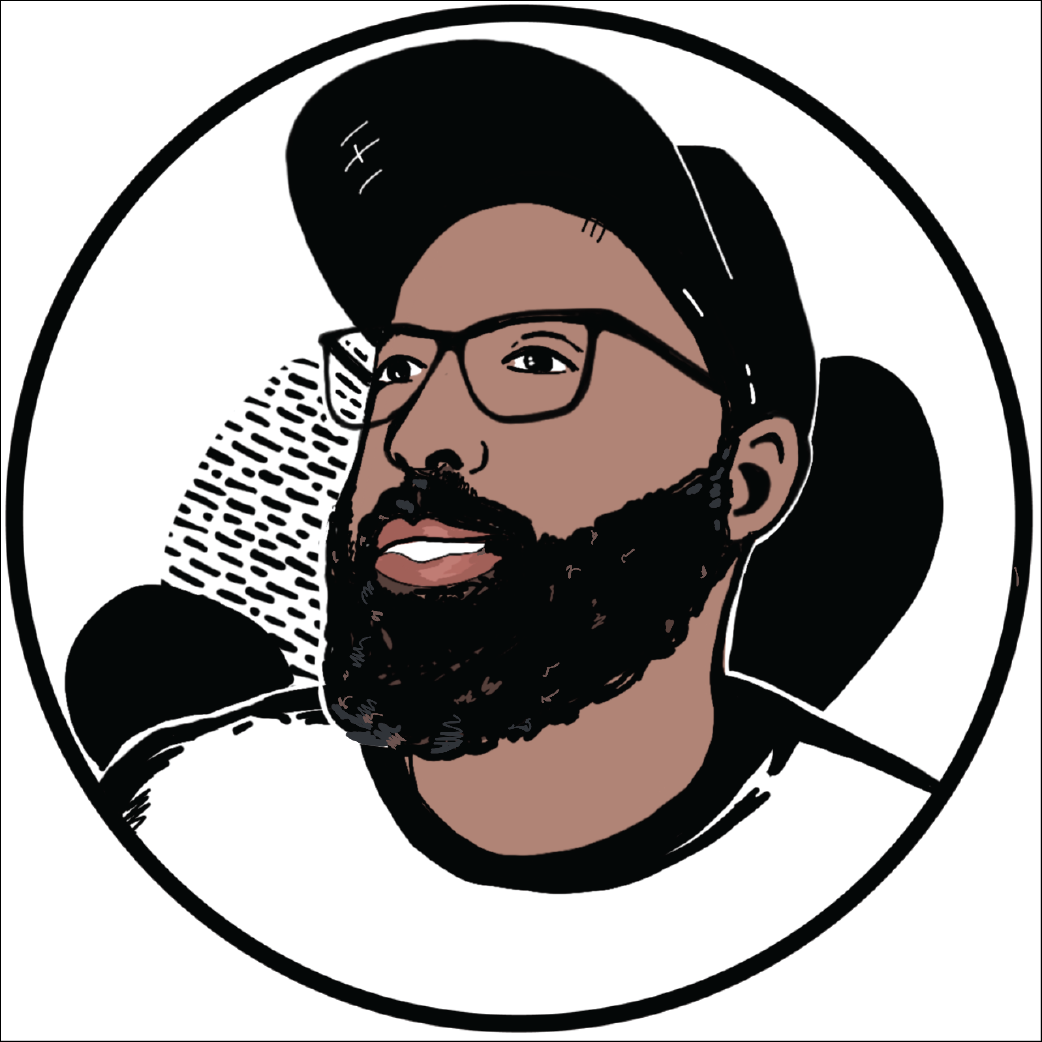When you’re born, you look like your dad—when you die, you look like your decisions.
Every year, when school let out for the summer, my mother would drive me two and a half hours the next day to her hometown of Rock Hill, South Carolina. It was almost 200 miles from Charleston, but may as well have been a different country. In Rock Hill, there was no beach, no flat landscapes, and no Gullah dialects around town. I’d spent all school year hearing friends refer to a room full of people as, “dem boi” but during the summers in Rock Hill, “y’all” was the right description To me, it was country as hell, right down to the dirt road on Catherine Street where we often chased field rats, shot pellet guns into abandoned vehicles, and plucked fresh plums from trees.
Even with that culture clash from what I was used to—foot races on dirt roads, using an outhouse, and setting off fireworks daily—I couldn’t wait to see my aunts and cousins. Out of 50 (or more)cousins, it often felt unfair to have “a favorite” because I loved them all dearly. My cousin Kwasi was different though—he was by far, the favorite cousin. It was almost as if our genetics, love of football and wrestling with each other abruptly were deliberately arranged.
I was two years older than Kwasi and for as long as I could remember we were the rough-and-tumble ones: If we weren’t organizing firecracker wars with neighbors, we were reenacting the latest wrestling match as The Four Horsemen. We even fought each other once as kids, a feat I don’t recall, but Kwasi remembers vividly. “You were the only one to put hands on me—who made me back down,” he recalled, from a recent phone conversation we had.
We both played peewee league and high school football and we shared a love of hip hop, loaded with all the curse words you could find. I can remember when I was 8, I came up to visit and couldn’t wait to drop Ice-T’s Power album in his lap so I could see his eyes go wide as we both drooled over the album cover. Christmas was no different, a house full of cousins and aunts—“Kwas” and I still managed to find mischief, sneaking out to smoke cigarettes or stealthily crawling into the room of our blind great-grandmother, making cricket noises and laughing at her. “Who is that?” she’d call out between our hushed giggles.
But as we grew into teens, we began to exist in different worlds. By the time I was 14, I was making a name for myself in football. Kwasi and I shared similar accolades as standout players, but he also started to find his own path. At 12, he was selling crack-cocaine.
Despite my parents’ divorce when I was 2, I spent weekdays with my mom and weekends with my dad, who lived 10 minutes away. My dad attended every football game I had, and would call me every day. Parental guidance was different for Kwas, who lived with his mom and sometimes with our grandmother. His dad spent a substantial amount of time incarcerated.
It was the time we’d spend at our grandmother’s house when Kwasi got entranced with the streets.
“Staying over in the projects with Grandma Neat—on Workman Street and seeing them niggas outside getting that fast money, was fun to me.” It confused me why he’d say this. I thought for sure he would have said he started selling drugs because he wanted to bring in extra money to help support his mom. “Hell no, it was fun playing real-life cops and robbers—and I always thought I was too smart to get caught.”
While Kwasi relished in the excitement of frequently dodging the police, I was living a pretty normal life. I’d go to school, have football practice or training, then head home for bed.
For my cousin, the start of his troubles really began after he was charged with assault and battery with intent to kill at 14. He beat a kid with a baseball bat in retaliation for getting attacked at school, and this was a moment I now see as the one when Kwasi’s reputation would forever change. “One of the boys who jumped on me, stayed where my daddy stayed at, and I beat the shit out that mother-fucker and his mom put the police on me,” Kwasi says.
Our roads kept splitting further apart. Athletics was paying dividends for me and I was getting recruitment letters to play college football while also spending time on an AAU basketball team and competing as a triple- and long-jumper on my track and field team. Meanwhile, my favorite cousin sold marijuana at school and then crack at night. He was kicked off his football team, dropped out of school, and decided to become a full-time dope boy.
We’d entered a new realm of our kinship. The world had begun to “raise” Kwasi, in the worst way. However, I’d later find out, our worlds weren’t that different.
As I approach the age of 45, I’ve navigated my life with a keen awareness of the impact my experiences can have on my family. Balancing ambition and a commitment to a positive lifestyle is crucial. Kwasi and I had separate life experiences, but his life mistakes provided deep-rooted lessons for me–which is the ability to identify setbacks from afar.



